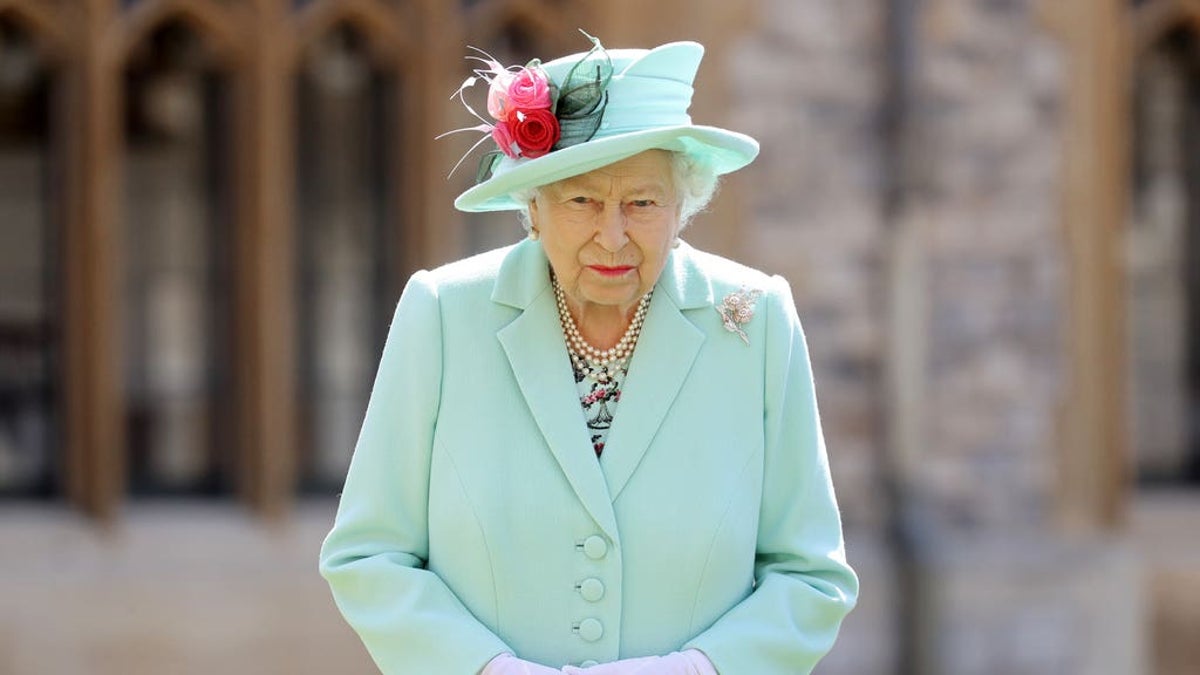
Jamaica’s government is set to demand reparations for Black people from the Queen for Britain’s role in the transatlantic slave trade.
A petition is being prepared and will be submitted to Her Majesty and the UK government.
Olivia ‘Babsy’ Grange, the minister for Culture, Gender, Entertainment and Sport, said: “We are especially pleased to announce that we have made further steps in our strides towards seeking reparatory justice for the victims and descendants of the transatlantic slave trade.
“The petition is to be presented to the Queen of the UK and/or the Government of the UK.”
This move has also been backed by the country’s Opposition – the People’s National Party (PNP).
Speaking to The Independent, Mark Golding, leader of the PNP, said: “The Oppositon supports, and has supported for quite a long time, the call for reparations for slavery.
“PNP has been part of the thrust to seek reparations for the ongoing effects of slavery; a commission on reparations was established some years ago and that has continued across administrations in Jamaica so I would say there’s bi-partisan support for the effort to try and get an acknowledgement of the righteousness of the cause.
“There’s also a Caricom initiative to seek reparations which Jamaica is part of and support for that initiative has been bi-partisan.”
Jamaica became a British colony in 1655. Between then and 1838, it stole over three million African people away from their homes across the continent and trafficked them across Atlantic Ocean as part of the Transatlantic Slave Trade.
Enslaved Black people were forcibly brought to British-owned colonies in the Caribbean, including Jamaica, and sold to work on plantations, cultivating sugar and other crops; brutalised and dehumanised all the while.
Through its engagement in the trade, Britain benefitted from immense financial profit which set the very foundation for the country as we know it today.
Following emancipation, in one of the largest loans in history, the UK government borrowed £20 million from the Treasury to compensate slave owners for the inconvenience of not having enslaved Africans to make them rich.
This was only paid off in full in 2015 – by British taxpayers – while the descendants of those who were enslaved have not received any reparations and Jamaica continues to owe a staggeringly high amount of debt to the International Monetary Fund (IMF) of which the UK is a part.
Though the country gained independence from the UK in 1962 after more than 300 years of British colonial rule, Jamaica remains in the Commonwealth and has kept the Queen as its head of state.
Related posts:
Views: 0
 RSS Feed
RSS Feed

















 July 7th, 2021
July 7th, 2021  Awake Goy
Awake Goy  Posted in
Posted in  Tags:
Tags: 
















